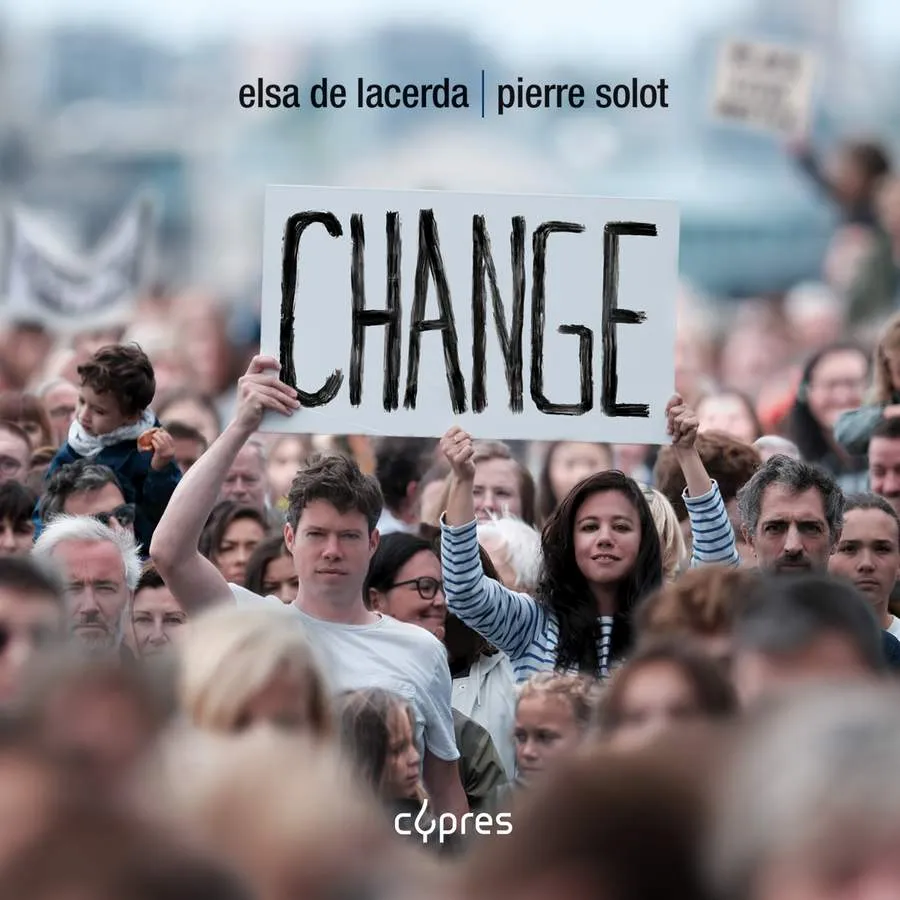
Change Works by Beffa, Hermant, Jesupret, Noben et al Elsa de Lacerda (violin), Pierre Solot (piano) Cypres CYP4659 60:10 mins
Grounded during Covid lockdown, violinist Elsa de Lacerda and pianist Pierre Solot were dismayed that ‘certain professions’ were deemed ‘more ‘essential’ than others. And among those others: musicians. Pushing back, their engaging duo album Change highlights music’s historical role at times of ‘revolution and resistance’ as a rallying cry ‘for change, for peace and for fraternity’. Ten Belgian and French composers offer personal takes on melodies synonymous with 20th-century sociopolitical ferment from around the world – and it’s intriguing that moods of reflection, celebration and hope subsequently prevail over outright anger or protest. But there’s threat, too – and remembrance sweet and bittersweet, which laces the defiant dance of Harold Noben’s paean to Brazil, and Gwenaël Grisi’s melodious twin homages to the Portuguese Carnation Revolution and Italian Second World War resistance to fascism.
A key theme is unity – and, from Apolline Jesupret’s rhythmic anti-despot look at Pinochet’s Chile to Fabian Fiorini’s delicate reworking of the Scorpions’ ‘Wind of Change’, so too is the absorption of popular tunes within music that remains resolutely ‘classical’.
Sometimes the source is clear, as in Karol Beffa’s mercurial theme and variations on ‘L’Internationale’ and Jean-Luc Fafchamps’s echo of Nina Simone in the anti-racist, anti-misogynist ‘Ain’t got no…’ – while Claude Ledoux and Alexander Gurning turn respectively to well-known South African and Congolese songs in honour of anti-apartheid leaders and the struggle for independence. Elsewhere the references are subtle, as in Margaret Hermant’s post-classical experimentation with the LGBTQ+ adopted ‘Over the Rainbow’, and Benoît Mernier’s version of the ever-chilling, anti-lynching ‘Strange Fruit’.
Steph Power